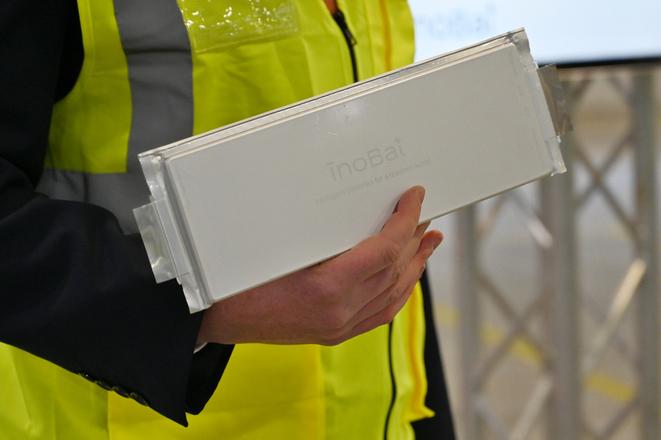Swedish carmaker Volvo’s recently-announced plan to build a €1.2-billion plant in Košice made headlines both in Slovakia and abroad.
Expected to create thousands of jobs in one of Slovakia’s least-developed regions, it has been welcomed as a shot in the arm for the local economy.
But senior figures in the Slovak car industry say it has also proven the country’s investment potential in the field of e-mobility.
“The investment by Volvo Cars, which will also assemble batteries at its plant in Slovakia, in addition to the production of exclusively battery-powered vehicles, is a clear signal that Slovakia is a suitable country for investment in the field of e-mobility,” Viktor Marušák, Secretary General of the Automotive Industry Association of the Slovak Republic (ZAP) told The Slovak Spectator.

Investment Advisory Guide
Well-arranged information about the economy, labour market, investor support, legislation, and real estate as well as investment opportunities in Slovakia. For more details visit our online shop.
The global car industry is becoming increasingly electrified as automakers move away from production of fossil fuel-driven vehicles. All major carmakers already produce some plug-in hybrid models, while many have already developed fully electric cars.
Battery production and technological developments in the field will be key as the industry develops.
Experts say Slovak companies are already preparing themselves for this.
One local firm operating in this field is InoBat Auto, which is setting up an EV battery R&D centre in Voderady to identify optimum cell chemistries to meet the exact requirements of any vehicle manufacturer.
However, Slovakia does not have any major battery production plants, or so-called gigafactories.



 InoBat battery (source: TASR)
InoBat battery (source: TASR)